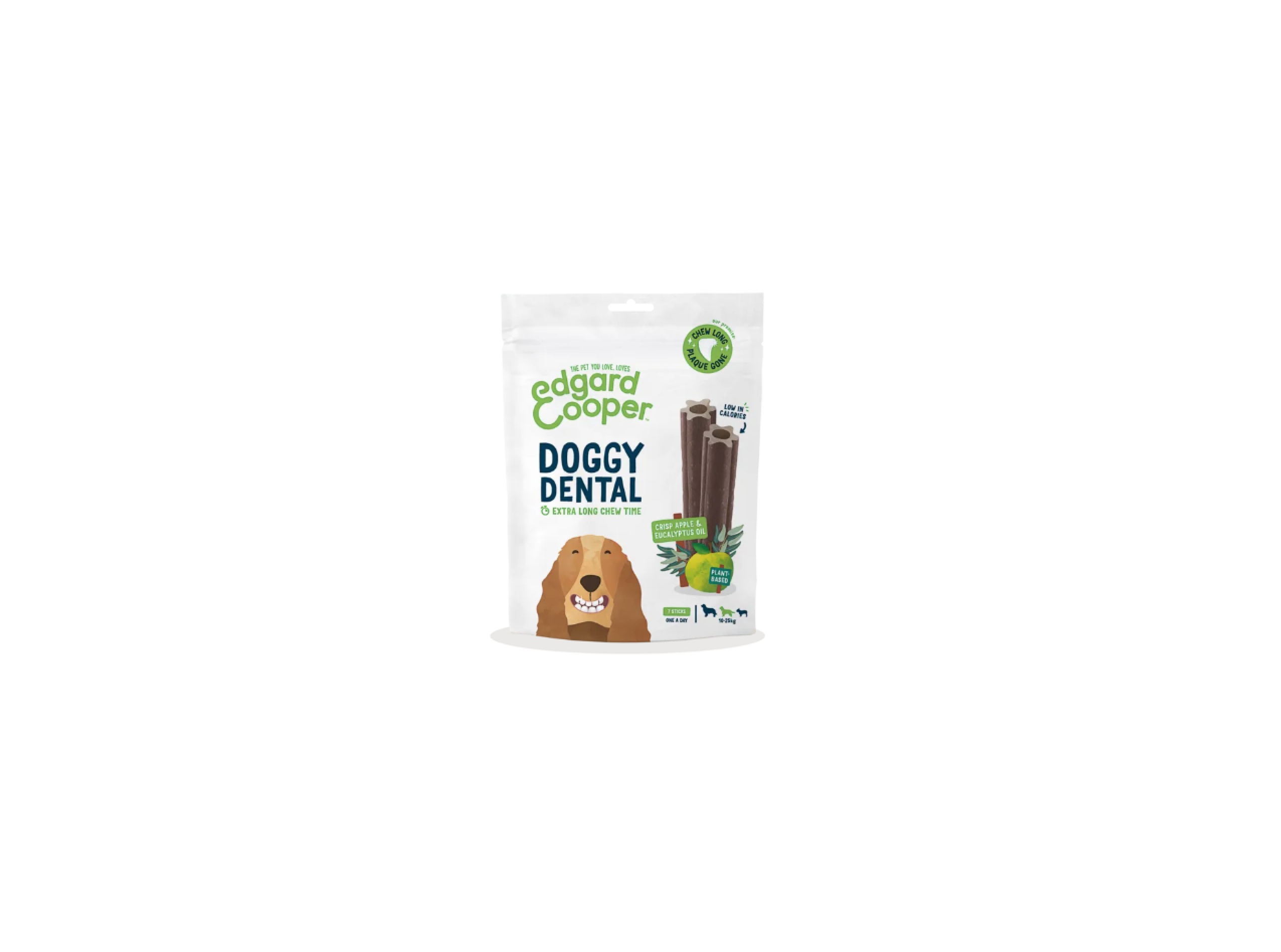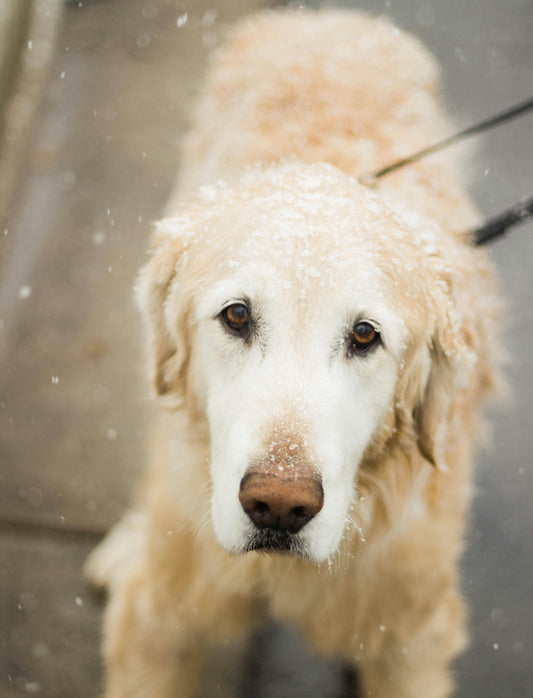Many dog owners have observed their pets munching on grass at some point. This behavior often leads to questions about its significance. There are several reasons dogs eat grass, including natural instincts, digestive issues, or even boredom.
Some experts suggest that grass-eating is a remnant of ancestral canine behavior, where wild dogs consumed plant material as part of their diet. Additionally, dogs may seek grass to induce vomiting if they feel unwell, or they might simply enjoy the texture and taste of it.
Understanding why a dog may show this behavior can help owners address any underlying concerns and ensure their pet's well-being. Observing the frequency and circumstances of the grass-eating can provide valuable insights.
Common Reasons Dogs Eat Grass
Dogs may eat grass for various reasons, including digestive needs, dietary deficiencies, and instinctual behavior. Understanding these motivations can help owners address any potential concerns regarding their pet's health.
Digestive Needs
Eating grass can be a natural response when a dog experiences digestive discomfort. They might seek out grass as a way to induce vomiting. This behavior often occurs after a dog has ingested something that doesn’t sit well in their stomach, such as spoiled food or foreign objects.
When dogs eat grass, they may be trying to alleviate nausea or an upset stomach. Most dogs will eat grass quickly, and it’s not uncommon for them to vomit shortly after. This instinct may stem from their ancestors who ate entire prey, including stomach contents that often contained vegetation.
Dietary Deficiencies
Sometimes, dogs consume grass as a way to compensate for nutritional deficiencies in their diet. If a dog is lacking certain minerals, vitamins, or fibers, they might turn to grass for additional nutrients. This behavior indicates that their current diet may not be fully meeting their needs.
Common deficiencies can include a lack of fiber, which can be essential for digestion. Adding fiber-rich foods or supplements to a dog's diet might help reduce the desire for grass. It’s important for owners to monitor their dog's overall diet and consult a veterinarian if deficiency is suspected.
Instinctual Behavior
Dogs are naturally curious and have inherited some behaviors from their wild ancestors. Eating grass may be instinctual, reflecting a natural foraging behavior. This action could stem from a time when canines relied on scavenging to survive.
Additionally, some dogs may simply enjoy the texture or taste of grass. This habit can provide mental stimulation and an avenue for exploration outdoors. For many dogs, grass eating is a normal part of their behavior and not a source of concern unless it occurs excessively or is accompanied by other troubling symptoms.
Health Implications of Grass Eating
Eating grass can be a normal behavior for dogs, but it might also signal health issues. Understanding the difference between typical consumption and excessive grass eating is crucial in assessing a dog's well-being.
Normal vs. Excessive Grass Eating
Many dogs occasionally eat grass without any underlying health problems. This behavior can be part of their natural instinct or simply an expression of boredom. Normal grass eating often results in occasional vomiting but does not typically lead to negative health consequences.
In contrast, excessive grass eating may indicate gastrointestinal distress or other health concerns. Dogs that frequently consume large amounts of grass may suffer from nausea, which could lead them to seek relief through this behavior. If the grass consumption is accompanied by lethargy, appetite changes, or consistent vomiting, it may warrant further investigation.
When To Consult a Veterinarian
Consultation with a veterinarian becomes important when a dog's grass eating escalates or is accompanied by additional symptoms. If a dog regularly vomits after eating grass or displays signs of discomfort, it may suggest a digestive issue that requires attention.
Additional red flags include sudden changes in eating habits, weight loss, or signs of pain such as whining or excessive drooling. A veterinarian can assess the dog's overall health, rule out possible medical conditions, and provide tailored advice to address the behavior. Regular check-ups can help ensure that grass eating does not lead to health complications.
Prevention and Control Strategies
Addressing a dog's grass-eating behavior involves dietary modifications and behavior management techniques. These strategies can help reduce the urge to consume grass and promote healthier habits.
Dietary Adjustments
One primary reason dogs eat grass may stem from nutritional deficiencies. Offering a well-balanced diet rich in essential nutrients is crucial. Quality dog food should contain:
- Proteins: Essential for muscle development and repair.
- Fruits and Vegetables: Provide necessary vitamins and minerals.
- Fiber: Supports healthy digestion and gut health.
Introducing high-fiber foods like pumpkin or green beans can curb the urge to eat grass. Supplementation may be beneficial as well; consult a veterinarian for advice on incorporating multivitamins or specific dietary supplements.
Regular meals should be scheduled to prevent hunger-driven grass-eating. Consistency will help establish a routine and keep the dog satisfied.
Training and Behavior Modification
Training is essential for managing grass-eating behavior. He or she can employ the following techniques:
- Command Training: Teach "leave it" or "no" to redirect attention when the dog approaches grass.
- Positive Reinforcement: Reward desirable behavior with treats or praise when the dog ignores grass.
Engaging in regular exercise can also channel a dog's energy and reduce boredom, which may contribute to unwanted behaviors. Varying walking routes and activities keeps the dog mentally stimulated.
Socialization with other dogs or engaging in play can distract from grass-eating tendencies. Consistent training sessions foster a stronger bond and a better understanding of acceptable behaviors.








